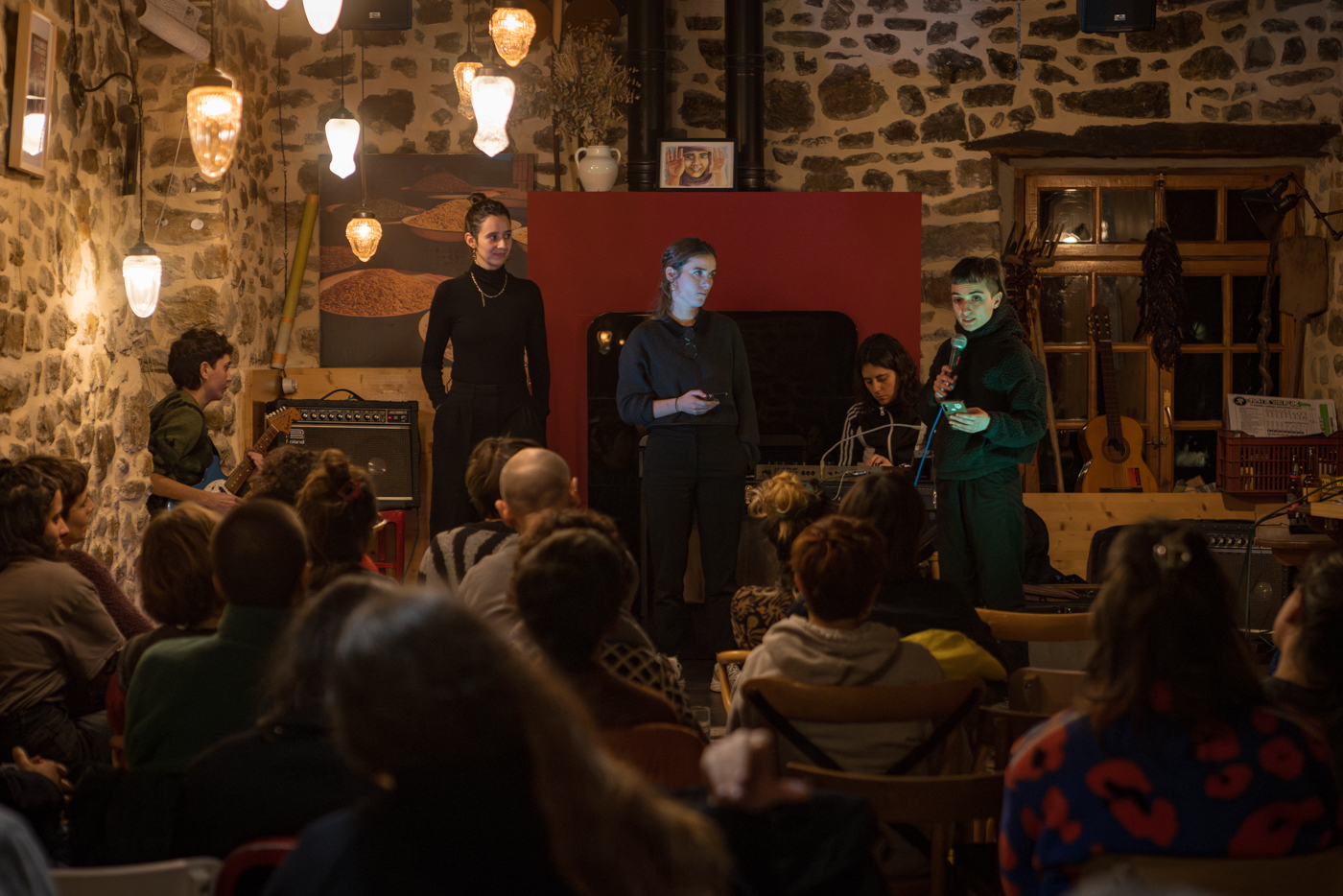Deadline for submitting projects to the scholarship (H)ilbeltza
- The week of the Basque black novel (H)ilbeltza, held at Baztan, celebrates its ninth edition, to be held from 23 to 29 January. Along with the initiative, the scholarship (H)ilbeltza has been launched to subsidize a black genre narrative project. Project proposals may be submitted until 10 March.

Like every year, this year will also accommodate Basque black literature in Baztan, through the (H)ilbeltza initiative. From 23 to 29 January, with the Black novel as the central axis, presentations of books, colloquia, round tables and cinematographic projections will be made in the valley. Citations have been made in Arizkun, Aniz, Elizondo, Irurita and Erratzu.
Within the ninth edition of the initiative, the (H)ilbeltza grant has also been called. With the collaboration of the Baztan City Hall, the association (H)ilbeltza and the editorial Txalaparta, a project of black gender narrative will be supported. They have already opened the deadline for submitting projects and will be open until 10 March. Projects to be eligible for grants must meet a number of requirements: they must be original and created in Basque, have some of their content or all of it not published anywhere, not adapted at all and not awarded. The bases are available in full on the Txalaparta website.
The selected work will be supported by a scholarship of 6,000 euros and will be offered a period of one year to complete the work. The beneficiary of the grant shall receive half of the grant in May and the other half in the presentation of the work. The editorial Txalaparta will be in charge of publishing this work.
The scholarship (H)ilbeltza has started for the seventh year and has contributed to meeting the objectives of the initiative: to promote the Basque black literature and to translate the world's black literature into Basque. Thanks to the scholarship, works such as Lardaska by Patricia Highsmith or Agur, maitea, by Massimo Carlotto have been translated into Basque. And other works have been created in Basque, such as those conserved in the Cellar of Miren Gorrotxategi Azkune, a Kezko ball of Miel Anjel Elustondo Etxeberria drowned by the lung and the scholarship winner of last year, Eneko Barberena Mondragonen Sua.
The last winning play and its author Barberena will open this year’s black moon (H)with a talk that will take place on January 23 at 19:30 at the Arizkun Doctor’s house.
Joan Tartas (Sohüta, 1610 - date of unknown death) is not one of the most famous writers in the history of our letters and yet we discover good things in this “mendre piece” whose title, let us admit it from the beginning, is probably not the most commercial of the titles... [+]














ilbeltza-(1).jpg)





